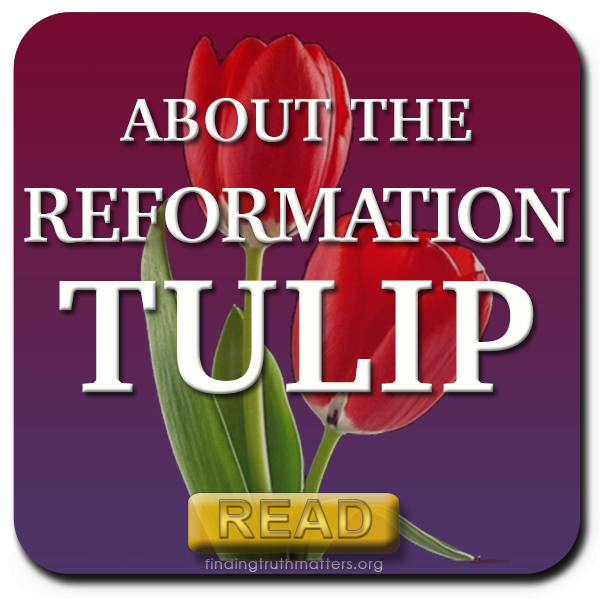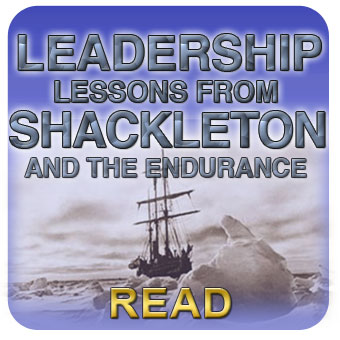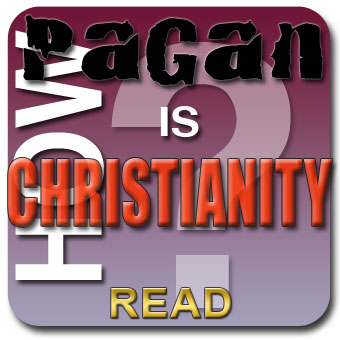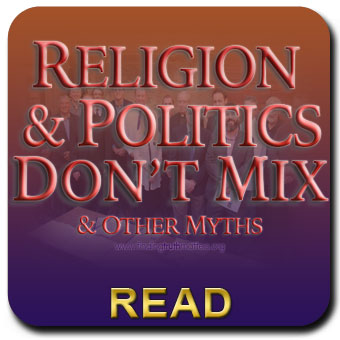
by Andrew Corbett | Feb 26, 2018 | Theology
Jesus Christ taught that following Him was only possible through the miracle of conversion. He taught that for someone to authentically claim to be a Christian they needed a spiritual encounter that changed their heart and mind. Without such a miracle, known Biblically as ‘regeneration’, no one could merely decide to be a Christian.
It’s important to appreciate the geo-socio-politico conditions at the time of the Reformation. This was the time when John Calvin, Martin Luther, Ulrich Zwingli, and others dared to defend the Biblical revelation against a militant Papal Church which had previously executed similar voices (Wyclif, Tyndale, Savonarola, to name a few) for daring to defy the teaching of the Papacy. One of the central claims of the Papacy was “Universalism”, the doctrine which taught that Christ’s sacrificial death was repeated over and over through the celebration of the Mass and was effective in saving all those in communion with the Roman Catholic Church (thus, universal salvation was activated by works). Since Salvation was universal (everyone is automatically saved), the Papal Church was more concerned about administering this salvation through having people in communion with it, or alternatively, disfellowshipping (or, ex-communicating) those who it disliked. Calvin on the other hand saw that Scripture did not teach universalism, but conversely- that not everyone would be saved.

by Andrew Corbett | Feb 19, 2018 | Devotions
Sometimes when the going gets tough, you just have to keep going. In fact, success in life – no matter how you define it – can only be achieved with endurance. Surely one of the greatest examples of endurance (if not the greatest) is the story of Ernest Shackleton and his expedition to the Antarctic on the ship: The Endurance. While we ordinary mortals may never have a death defying adventure like Shackleton and his 28 men, we are already in the midst of our own great adventure called life!
Some people want to live their lives by seeking their maximum comfort and avoiding all risks. But this is not the Believer’s lot. We are called to follow Christ- who even though He is entirely consistent in character, is somewhat unpredictable in his plans for His followers. The New Testament calls this “walking by faith” (2Corinthians 5:7). This is why for the Believer, Life is the Greatest Adventure.
When was the last time you did something for Christ that required “great faith” (Matthew 15:28)?

by Andrew Corbett | Feb 17, 2018 | Culture
It’s rare that a Publisher commences book with a disclaimer by virtually saying we are publishing this even though we don’t agree with it. This type of disclaimer is especially rare for a publisher such as Tyndale. After reading this book I understood why Tyndale were so apprehensive in publishing it. While this was puzzling, what I found most puzzling was that George Barna put his name to it! One can only wonder at the damage this book has done to his reputation.
A “Pagan” is someone who is either ignorant or has wilfully rejected the truth and as a result is an idolater (worships idols). This is the word that the authors have chosen to use to describe modern Christianity. It is, as they admit, an outrageous claim.

by Andrew Corbett | Feb 16, 2018 | Culture
This is an introduction to the theology that leads to political engagement by Christians. It explores the notion of the separation of Church and State, how this has been misapplied and re-thought of by significant Christian leaders in the 18th, 20th, and 21st centuries. I conclude with a personal experience of what I consider positive political engagement looks like.
They say art is the thermometer of culture. In this sense, politics might be seen as the barometer of culture. And we might add that Christians should be the thermostat of culture (not the thermometer of culture). By this we mean that art in its various forms – literature, music, visual art, movies, poetry, photography, and fashion, reflect what culture finds acceptable, disturbing, desirable, praiseworthy, and even beautiful. And politics is the popular affirmation (the essence of democracy) of a set of legislative policy agendas that give direction to a culture.

by Andrew Corbett | Feb 15, 2018 | Devotions
Success often results from being able to get along with others. Real leadership success can only be achieved by working with others. And this type of spiritual leadership is prescribed in the Bible as “partnering” with others. This is why we regard Partnering as the ‘art of leadership’.
We work together as partners who belong to God. You are God’s field, God’s building—not ours.
First Corinthians 3:9
Churches need leaders. Jesus called His original disciples to “shepherd” (not “sheep-herd”) His sheep. In John 10 Christ labors this point that his servants will lead His people as ‘shepherds’. This is not the type of leadership that domineers and exploits for personal gain. This is called despotic leadership. Rather, the type of leadership that Jesus calls for is ‘God-Partnering’ leadership: the kind of leadership heart that God has toward His people. This is why First Corinthians 3:9 says that church leaders work together with God (“labourers together with God” KJV). As leaders with God we are to treat people as if they were God’s (“God’s field/building”). If you are called to lead people within a church, whether as a senior pastor or someone helping their pastor to lead, it is important to realise that we lead with God as well as for God, and that it is His Church.




